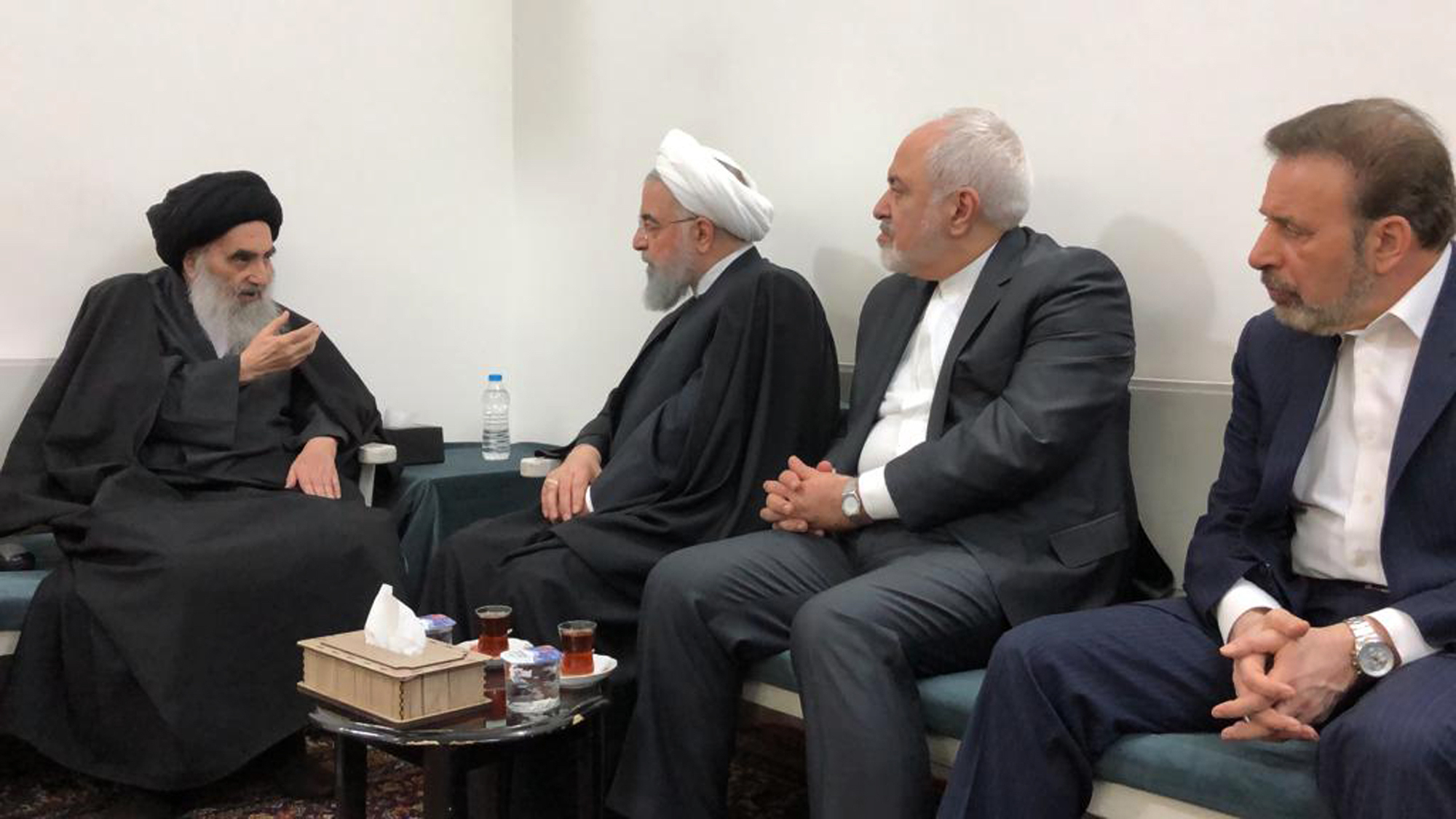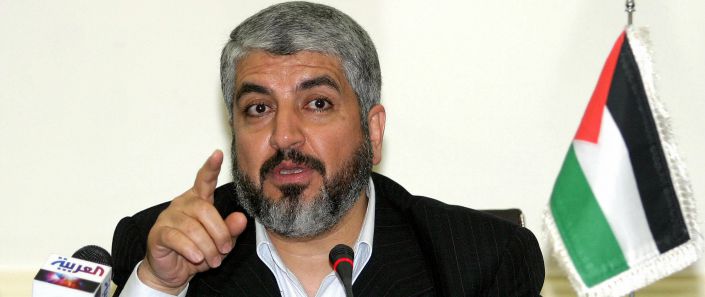After meeting with Egyptian President Abdel Fattah El Sisi last month, US President Donald Trump has been contemplating designating the Muslim Brotherhood a foreign terrorist organisation (FTO). However, many experts have been pointing out the pitfalls of such a broad categorisation, so the issue remains unresolved.
The State Department maintains a list of formally designated FTOs, the main purpose of which is to criminalise dealings with those groups by Americans. The operative law from 1996 was intended to make otherwise lawful activity criminal, if it in any way benefited designated organisations, including charitable and educational efforts, and any kind of advice, even about how to stop being a terrorist group.
When the US wants to directly punish a foreign individual or group with sanctions, that is mainly done by the Treasury Department. This State Department FTO list is political and often symbolic. It brands contact with entities such as Hamas and Hezbollah as unacceptable, under penalty of law.
It is easy to see the appeal of designating the Muslim Brotherhood, since it is indeed the main source of ideology behind almost all Sunni Islamist terrorism. There would be no Al Qaeda or ISIS, if not for the Brotherhood.
It is also accurate to compare the Brotherhood to a gateway drug for terrorism. If only one in 10 Brotherhood members graduates to Al Qaeda, that is one too many.
And while it has become easy for young radicals to bypass a Brotherhood phase, the group’s ideology is still the fount of many of the basic ideas and aims, such as the restoration of a caliphate, that animate the most violent Sunni extremists.
But that doesn’t make this a good idea. The Brotherhood, writ large, isn’t an organisation at all, but a loose network that encompasses entities with many different orientations and conduct within a broader context.
So, the practical meaning of the designation of a monolithic Muslim Brotherhood as a terrorist organisation would be up for grabs, unless the specific standalone, vertically integrated groups were clearly defined. Lack of such clarity will ensure endless confusion.
The US government could designate the Egyptian Brotherhood, the oldest Brotherhood group, but that organisation itself hasn’t engaged in much recently documented violence. It makes more sense to single out breakaway factions or groups with ties to the Brotherhood that have unquestionably conducted systematic mayhem, such as Harakat Sawa’d Misr (HASM) and Liwa Al Thawra, both of which the State Department made Specially Designated Global Terrorists last year. That allows the Treasury Department to freeze and block their assets, along with other sanctions, but its less far-reaching than an FTO designation.
If the Egyptian Brotherhood itself was designated without significant new documentation of direct responsibility for violence, that might undermine the credibility of the entire list and make it appear not just political but arbitrary.
A blanket designation of the Muslim Brotherhood movement in general would also cause no end of legal headaches.
Who, precisely, would it include? How could it be enforceable? Would it target all those who acknowledge being Brotherhood affiliates? What about those who deny that? What happens if a group insists they no longer are, or never were, affiliated with the Brotherhood? Who judges that? What’s the standard?
More importantly, there are Brotherhood-influenced or purportedly formerly Brotherhood-affiliated parties in some aspect of the governments of numerous US allies.
Would the US extend the Lebanon model in which it deals with the government, but not individual Hezbollah ministers?
So, it is unlikely that a blanket designation will be issued, and, though it is possible that the Egyptian Brotherhood in general could be designated, it is wiser to add groups such as HASM, with a sustained record of terrorism.
But this debate again raises the issue of how to deal with political Islamism. The Brotherhood is unquestionably a radical movement, and hardly pacifist.
History shows it is prepared to engage in wholesale violence when it finds that useful, as Hamas in particular has shown. But most Brotherhood parties have preferred a political to a violent approach to gaining and holding power, because they believe that will be more effective.
Yet the ultra-religious do exist and there should be an acceptable role for them in national politics. Otherwise, some will surely take up arms.
The traditional Brotherhood model has three primary characteristics that are strictly incompatible with law, order and stability: it is revolutionary, conspiratorial and transnational.
Some increasingly post-Islamist groups, such as Ennahda party in Tunisia, maintain that they are no longer any of those things. They say they are not revolutionary, because they accept the existing constitution. They are not conspiratorial because they obey the law and do everything in the open. And they are no longer part of any transnational agenda.
If true, such transformations should be welcomed.
Mainstream Arab politics should be open to religious conservatives, and even former Brotherhood parties and members, who are not violent and are genuinely no longer revolutionary, conspiratorial or transnational.
Any group that truly adopts such changes does not belong on a list of terrorist organisations. It belongs in the political process of its own country, according to national laws and, hopefully, always in the loyal opposition.
The views represented herein are the author's or speaker's own and do not necessarily reflect the views of AGSI, its staff, or its board of directors.



























May 6, 2019
A Strategic US Approach is Required to Counter the Muslim Brotherhood
Focus on breakaway factions and groups engaged in violence will prove the most pragmatic and effective measure
5 min read